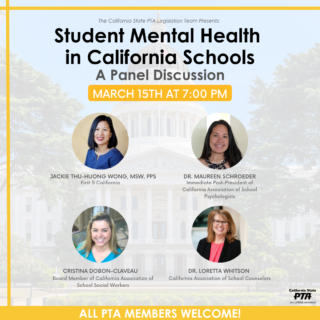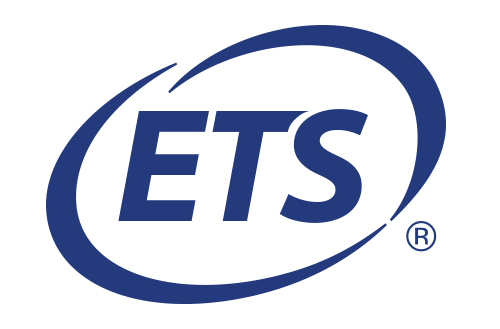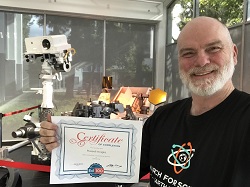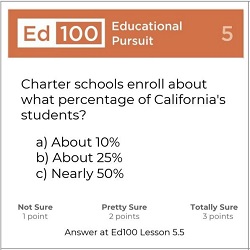November 1, 2025
California State PTA stands with National PTA and hundreds of PTAs across the nation in expressing deep concern over the suspension of SNAP (Supplemental Nutrition Assistance Program) benefits. As of today, 5.5 million Californians—including hundreds of thousands of children—have lost access to critical food assistance due to the federal government shutdown.
California PTA’s mission is to advocate for the education, health, safety, and well-being of every child. Food security is foundational to fulfilling this mission. Children cannot reach their full potential when they are hungry. Research clearly shows that food insecurity leads to lower academic achievement, behavioral challenges, and decreased school readiness. When children don’t have enough to eat, they cannot arrive at school ready to learn with healthy minds and bodies.
While California’s universal school meals program ensures students receive free breakfast and lunch during school days, SNAP provides families with resources to feed their children dinner, on weekends, during holidays, and throughout the summer. The loss of these benefits creates a critical gap that will directly impact students’ ability to learn and thrive.
California PTA joins National PTA in urging Congress and administration officials to immediately release the nearly $6 billion in SNAP contingency reserve funds appropriated for emergencies and utilize existing flexibilities to ensure continued benefit distribution without impacting other critical nutrition programs.
Advocating for children’s nutrition is not political—it is central to PTA’s mission. Every child deserves the opportunity to thrive, and that starts with having enough to eat. California PTA remains committed to supporting our communities and advocating for policies that ensure all children can succeed.
California PTA will continue to provide resources and guidance to our local units as this situation develops.
Declaración de la PTA del Estado de California Sobre la Pérdida de los Beneficios del SNAP
1º de noviembre de 2025
La PTA del Esta California se une a la PTA Nacional y a cientos de PTAs del todo el país para expresar su profunda preocupación por la suspensión de los beneficios del SNAP (Programa de Asistencia Nutricional Suplementaria). A día de hoy, 5.5 millones de Californianos, incluyendo cientos de miles de niños, han perdido el acceso a esta ayuda alimentaria esencial debido al cierre del gobierno federal.
La misión de la PTA del Estado de California es defender la educación, la salud, la seguridad y el bienestar de todos los niños. La seguridad alimentaria es fundamental para cumplir esta misión. Los niños no pueden alcanzar su máximo potencial cuando tienen hambre. Las investigaciones demuestran claramente que la inseguridad alimentaria conlleva a un menor rendimiento académico, problemas de conducta y una menor preparación escolar. Cuando los niños no tienen suficiente para comer, no pueden llegar a la escuela preparados para aprender con una mente y un cuerpo sanos.
Si bien el programa universal de comidas escolares de California garantiza que los estudiantes reciban desayuno y almuerzo gratuitos durante los días escolares, el SNAP proporciona a las familias recursos para alimentar a sus hijos en la cena, los fines de semana, durante las vacaciones y a lo largo del verano. La pérdida de estos beneficios crea una brecha crítica que afectará directamente la capacidad de los estudiantes para aprender y prosperar.
La PTA del Estado de California se une a la PTA Nacional para instar al Congreso y a los funcionarios de la administración a que liberen de inmediato los casi $6 mil millones de dólares en fondos de reserva de contingencia del SNAP, asignados para emergencias, y que utilicen las flexibilidades existentes para garantizar la continuidad de la distribución de beneficios sin afectar a otros programas de nutrición esenciales.
Abogar por la nutrición infantil no es un asunto político, sino un pilar fundamental de la misión de la PTA. Todo niño merece la oportunidad de prosperar, y eso comienza con tener suficiente para comer. La PTA del Estado California mantiene su compromiso de apoyar a nuestras comunidades y abogar por políticas que garanticen el éxito de todos los niños.
La PTA del Estado de California seguirá brindando recursos y orientación a nuestras unidades locales a medida que esta situación evolucione.





 Use Ed100.org to develop informed advocates
Use Ed100.org to develop informed advocates Have some fun
Have some fun “I use Ed100 to keep up to date with education policies in a way that helps me explain the issues clearly to others.”
“I use Ed100 to keep up to date with education policies in a way that helps me explain the issues clearly to others.” Advocacy Agenda for Equity
Advocacy Agenda for Equity